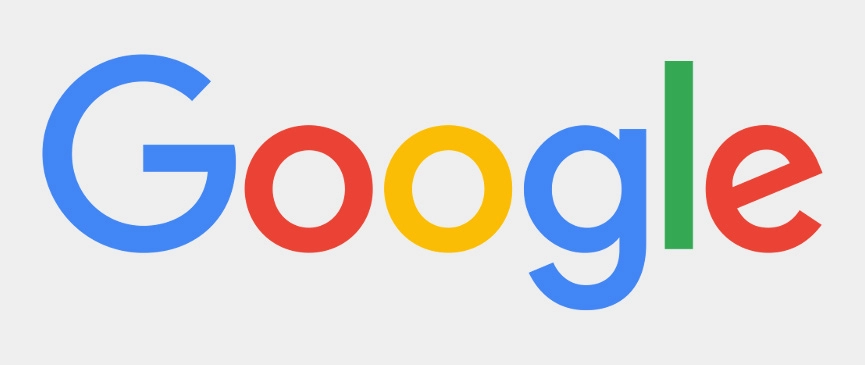Main content
Google Prince of Asturias Award for Communication and Humanities 2008

Google is regarded as the best search engine in the history of Internet; it enables millions of users worldwide to access a universe of knowledge and information in a fast and organised manner. Its creation has meant a revolution in accessing all sorts of contents and has reinvented the technical principles that ruled previous search engines. With a worldwide presence, Google handles hundreds of millions of requests from users each day and performs searches over millions of web sites and millions of images.
At the beginning of 1996, Sergey Brin (Moscow, Russia, 1973) and Larry Page (Michigan, USA, 1973) developed a search engine called BackRub, the main feature of which was its ability to analyze the back links pointing to a given website. In 1997, BackRub adopted the definitive name of Google due to its similarity to the term googol, the name for the number 10 raised to the power of 100, a reference to the amount of information that they were attempting to organise.
They founded Google Inc. in 1998, establishing company headquarters in a rented garage in Menlo Park, California. A year later, they were managing a budget of 25 million dollars and moved their offices to Googleplex, Google´s current headquarters in Mountain View, California. What started out as a university project is nowadays considered the best search engine in the history of the Internet and, despite its current leading position, Google continues to progress and enhance the search for information. It acquired You Tube, a video broadcasting platform, and DoubleClick, the leading international online publicity agency.
In collaboration with the UNESCO, it has started up what is known as the Literacy Project, which, by allowing searches within books, academic texts and shared teaching material all via the same website, aims to foster reading and education throughout the world. In addition, Google Book Search means that any user, in any corner of the planet, with access to the Internet has access to culture. This product includes content from the collections of the most prestigious libraries and works from more than ten thousand publishing houses from all over the world. However, not only written but also geographical information is available in the search engine thanks to Google Maps, Earth and Sky, which allow users to gain more in-depth knowledge of both the planet and the firmament thanks to the building of a large telescope. Google Gears allows its services to be used without being connected to the Internet. Google Sites was launched in 2008 and the company launched its own web browser, Google Chrome, and the open-source web-browser project, Chromium, as well as Google Friend Connect, Google Latitude and Google Voice. In 2009, it acquired reCAPTCHA and launched the open-source operating system Chromium OS and Google Public DNS. In 2010, Google launched its first mobile phone, the Nexus One, which runs Android, made an official announcement of its intention to deploy a high speed internet network and acquired Aardvark and Picnik. That same year, it launched Google TV and presented its project for autonomous vehicles and its second phone, the Nexus S, manufactured by Samsung. In 2011, it launched Chromebooks and Google’s new social network, called Google+. The company also acquired Motorola Mobility and launched its third smartphone, the Galaxy Nexus, manufactured by Samsung and running the fourth version of Android. In 2012, Google introduced Project Glass, a project to create augmented reality glasses. At Google I/O 2012, it was announced that the developer version of Google Glass would be available for 2013, while the consumer version would be ready for 2014. That same event saw the launching of Android 4.1 and the first Google tablet, the Nexus 7, manufactured by Asus. On 27th September 2013, Google presented a doodle on its home page to commemorate its 15 years online that took the form of game that consisted in breaking open a piñata. In 2014, Google bought SlickLogin, a company composed of major developers, experts in the field of security, who have created an innovative sound identification system for smartphones. Google also announced the acquisition of Skybox Imaging to “provide satellite imagery to the online map service”.
In 2000, Google received the Webby Award for the Best Technical Achievement. Brin and Page were named 2002 "Young Innovator Who Will Create the Future" by MIT's Technology Review magazine, and hold honorary MBA Degrees from the Instituto de Empresa (Madrid, 2003). They received the Marconi Fellowship Prize in 2004 from the Marconi Foundation at Columbia University.
End of main content
